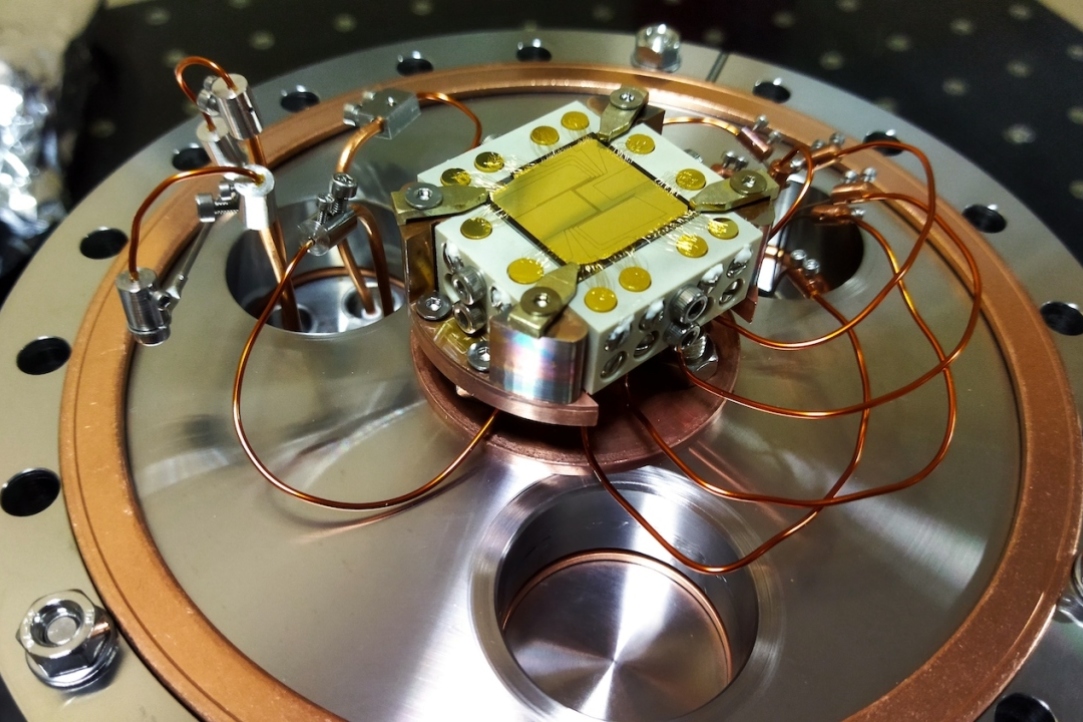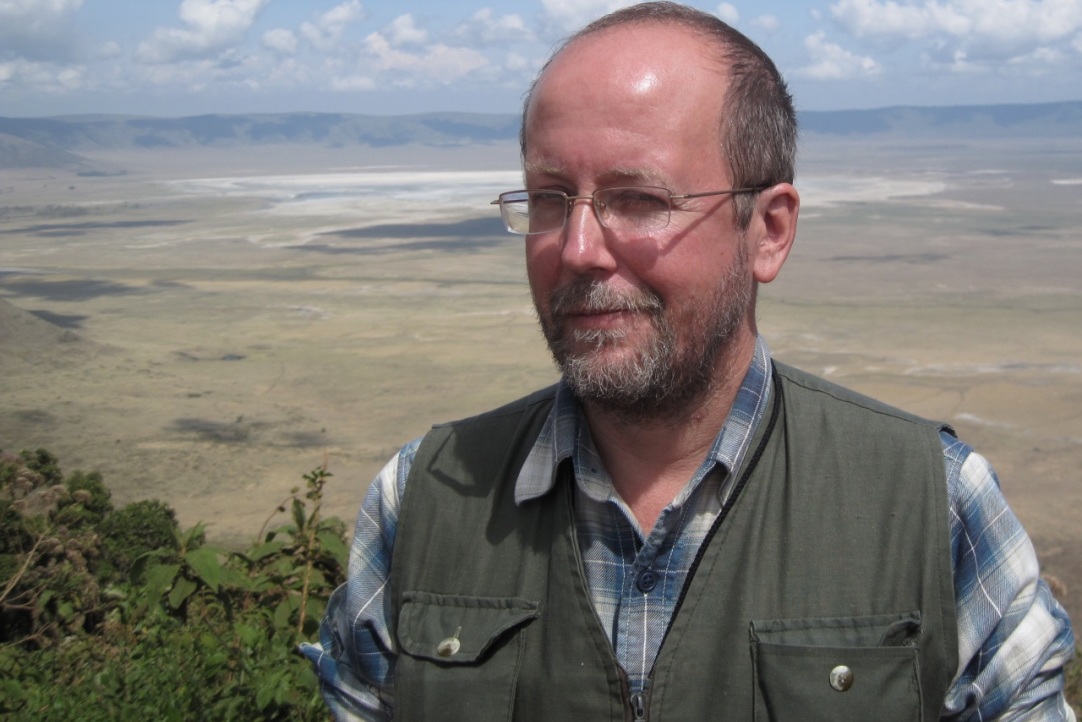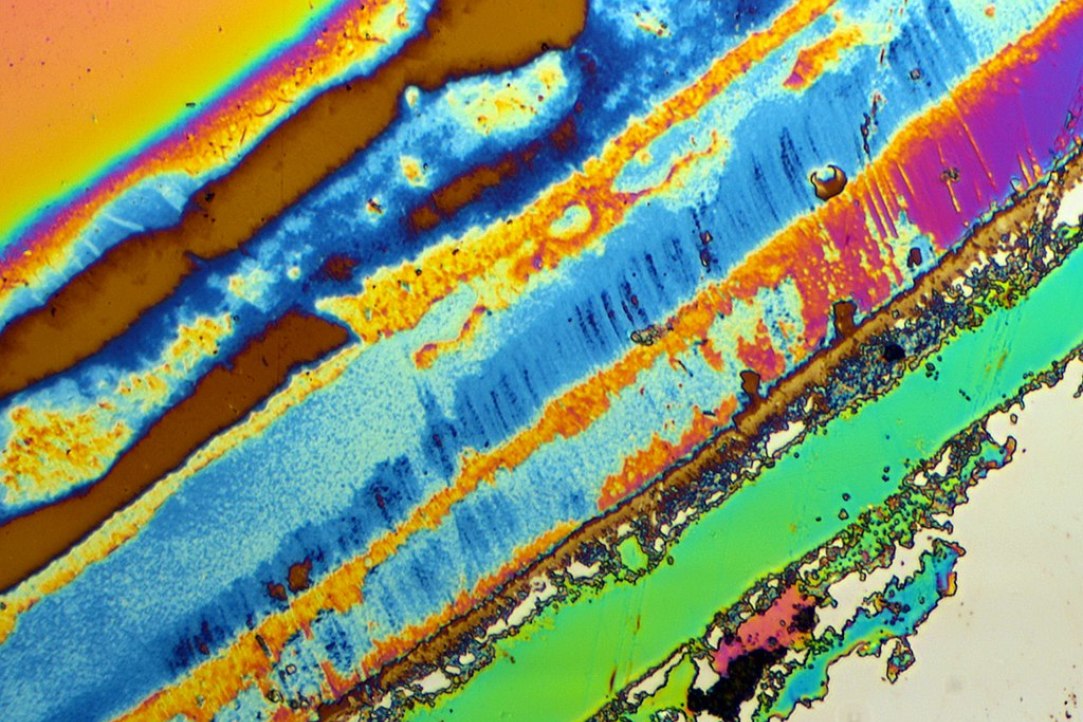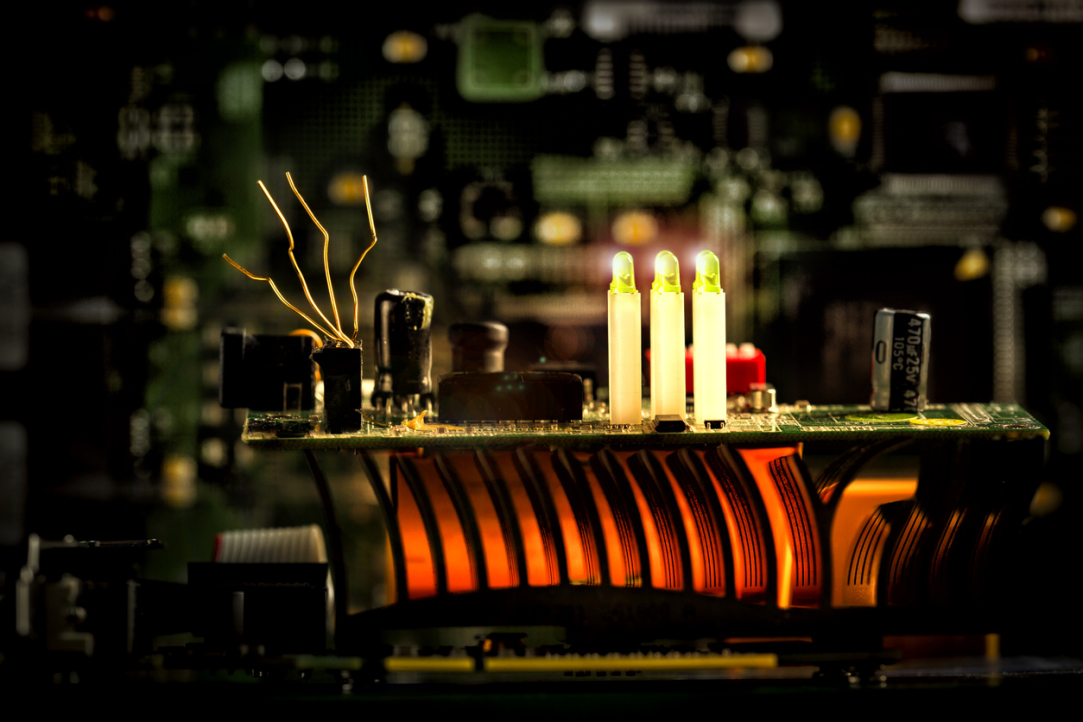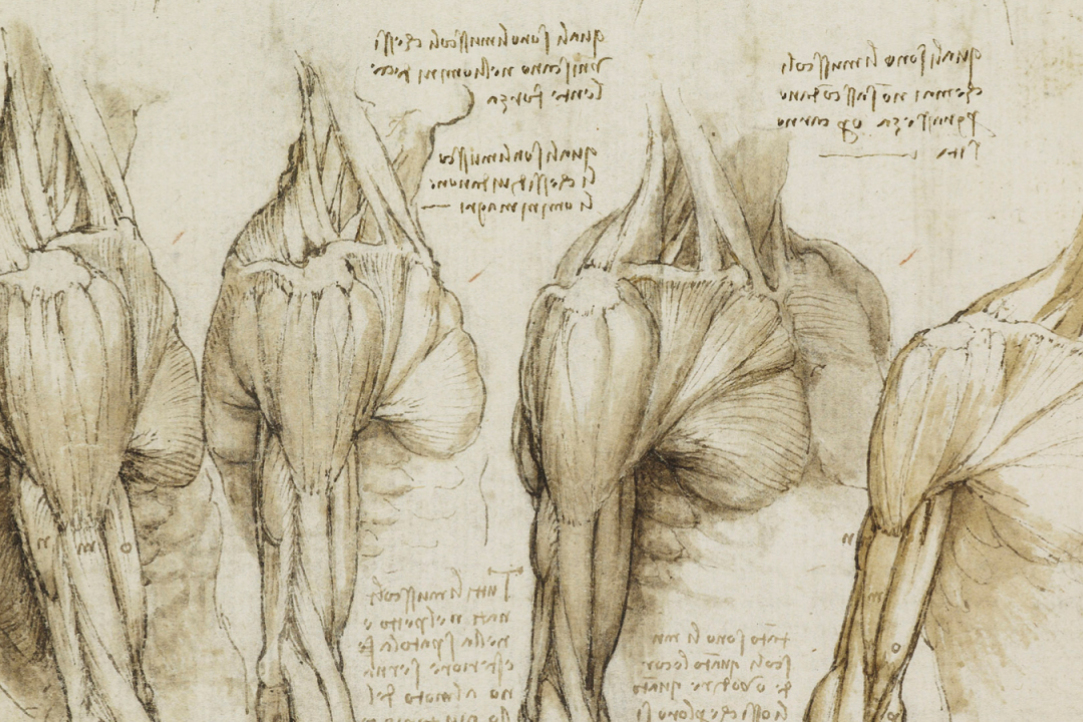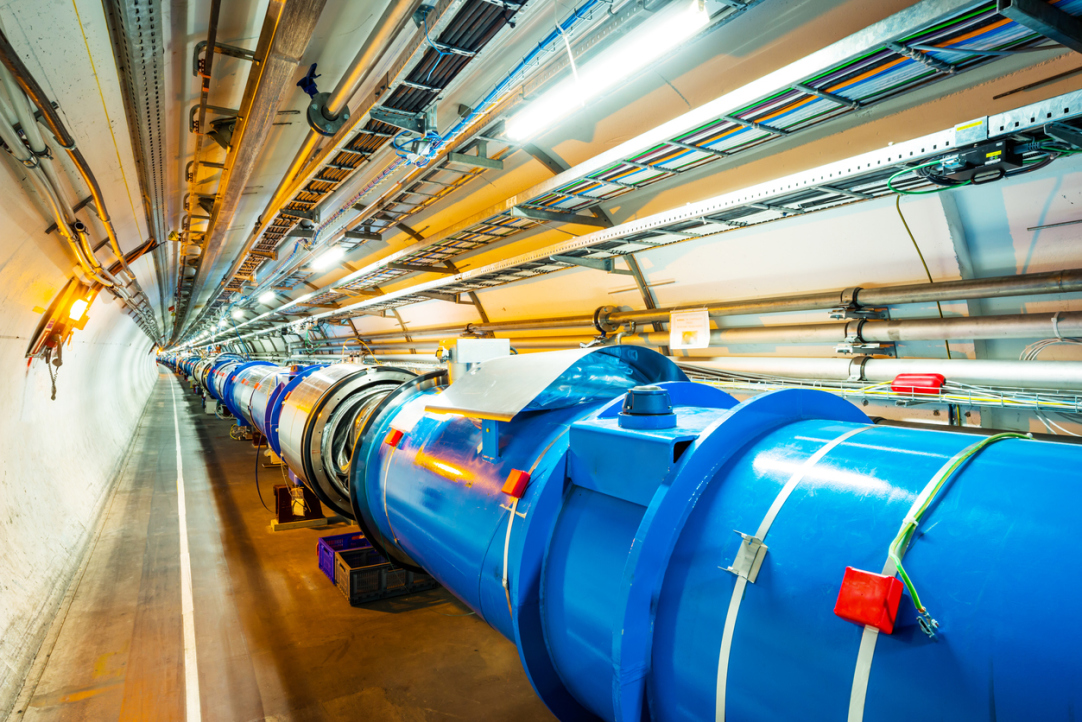The seemingly high rate of technological growth is illusory: the world is slowing down and will continue to do so long into the future. HSE scholars predict that the ‘technological singularity’ will occur in 2106 and that, contrary to what some expect, it will not mark the apotheosis of progress. Here, Andrey Korotayev, Leading Research Fellow, Head of the HSE Laboratory for Monitoring the Risks of Socio-Political Destabilization and a co-author of this study tells IQ.HSE why global acceleration is now a thing of the past, prognosticators are unafraid of ‘black swans,’ and the coronavirus will not rewrite human history.
